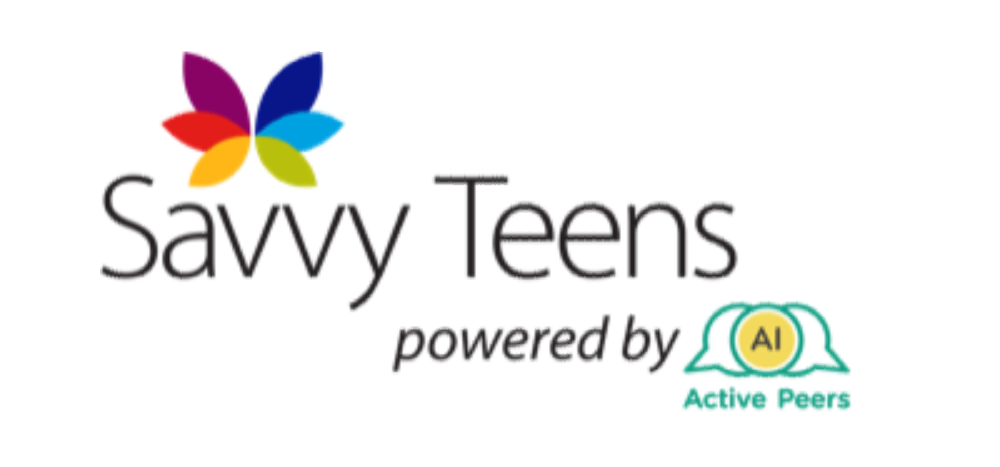Format 4: Facilitate an Activity
When it comes to guest speaker sessions, one type of activity that often gets overlooked is facilitation. In this blog post, we will explore the benefits of incorporating activities into guest speaker sessions and provide an example to give you a better idea of how it can be done.
Benefits of Facilitating Activities:
Facilitating activities during guest speaker sessions can have several advantages. These activities are engaging, require minimal preparation, and can be conducted individually or in groups. Participants are more likely to retain information when they actively participate, making these activities both fun and educational.
Example: Exploring Failure
One effective activity is to ask participants to delve into the concept of failure. During a session, a guest speaker can prompt attendees to discuss what failure looks like in their respective fields or areas of expertise. This exercise encourages participants to think outside the box and consider potential challenges they may face.
The guest speaker can then direct attendees to brainstorm solutions to mitigate or overcome these perceived failures. By flipping the perspective from identifying problems to generating best practices, participants can gain valuable insights that they can apply in real-life situations.
Personalisation and Storytelling:
Engaging with participants' fears and concerns creates a sense of connection and fosters genuine interest in the speaker's experiences. By sharing personal stories and overcoming challenges related to the identified failures, the guest speaker can effectively captivate the audience.
Other Engaging Activities:
Aside from exploring failure, there are numerous other activities that can be incorporated into guest speaker sessions. Encouraging participants to journal about their ideal day or facilitating group discussions on specific topics relevant to the session's theme are just a few examples. The key is to make the activities interactive and tailored to the participants' needs and interests.
Assessing Participants' Work:
The method for assessing participants' work will depend on the size of the group. For smaller groups, individual feedback can be provided as the speaker walks around and engages in one-on-one conversations. However, for larger groups, dividing attendees into smaller groups allows the speaker to interact with each group more extensively. Managing expectations and effectively utilising the available time are crucial aspects of this process.
Providing Feedback:
When providing feedback, it is essential to read the room and gauge the level of criticism that can be given constructively. In public speaking scenarios, for instance, addressing areas of improvement should be handled sensitively. Feedback should be actionable and immediate, enabling participants to implement suggested improvements right away. Personalising feedback to individuals or creating a sense of camaraderie among participants by acknowledging shared experiences can further enhance the impact of the feedback.
Incorporating activities into guest speaker sessions not only increases engagement but also facilitates meaningful learning experiences. Activities such as exploring failure can spark insightful discussions and generate valuable best practices. By personalising feedback and managing expectations, speakers can provide constructive insights that participants can readily apply. So, the next time you invite a guest speaker, consider incorporating interactive activities to enhance the session's effectiveness.












